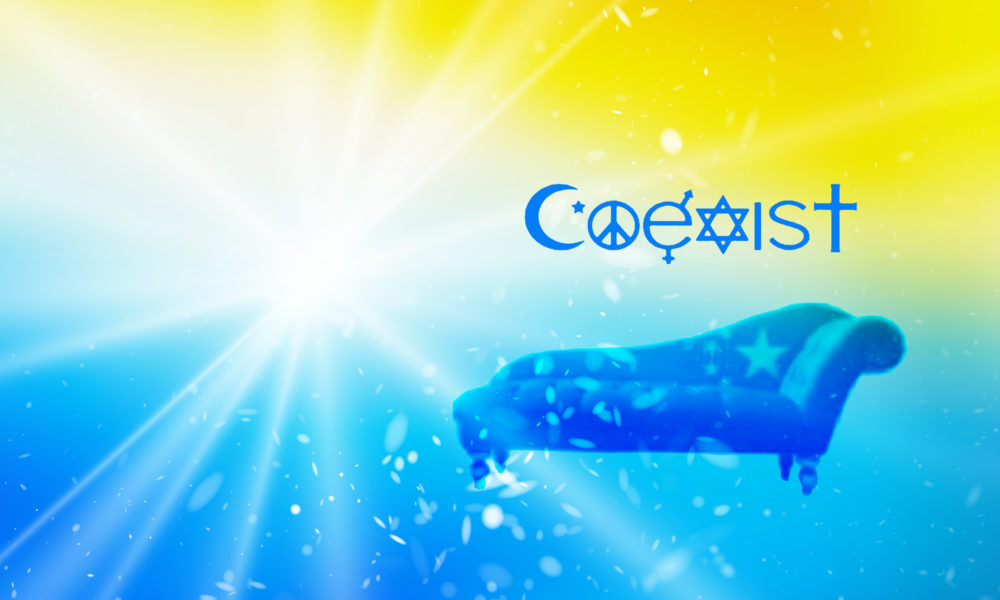“Psychoanalysis, Spirituality, and the Modern World”
Saturday, April 9, 2022, 10 am – 4:30 pm
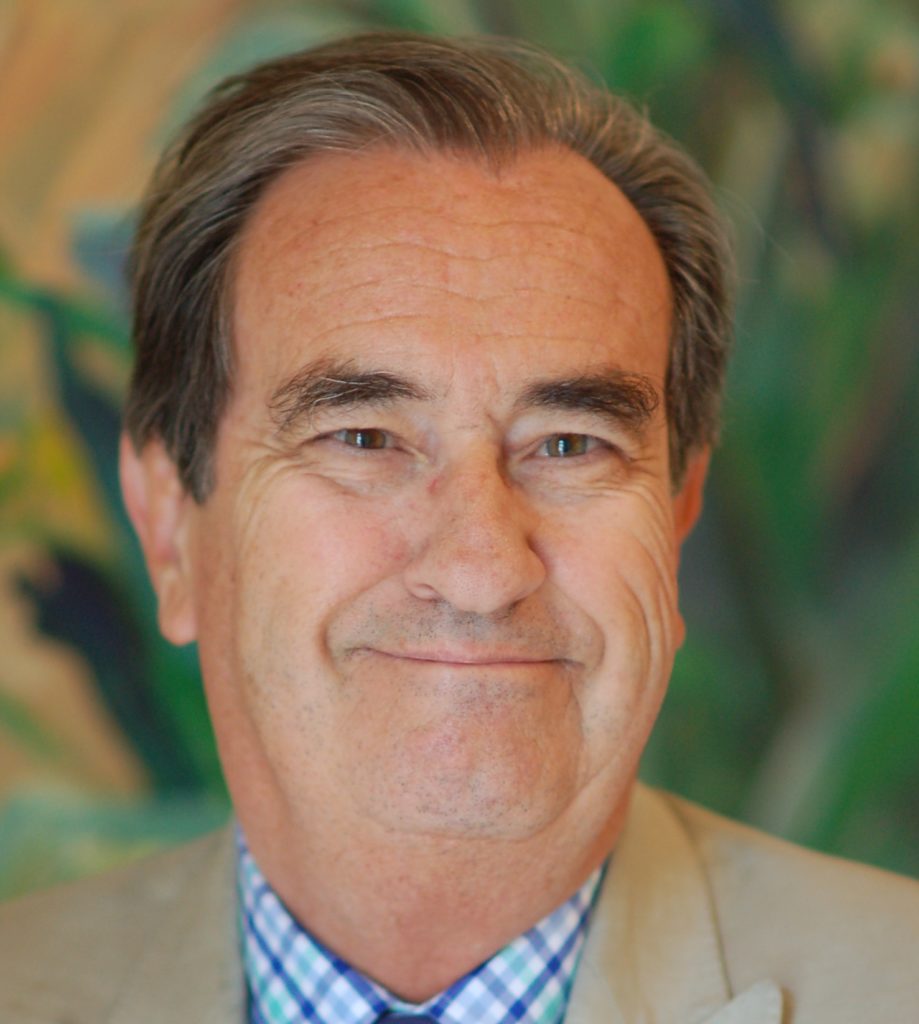
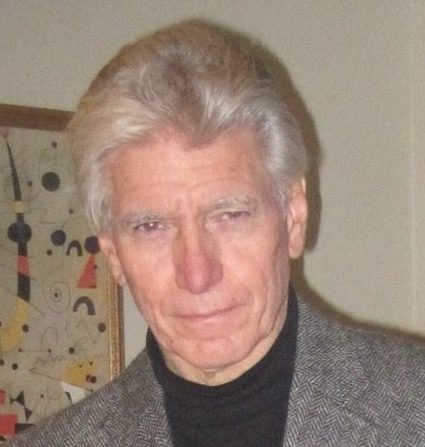
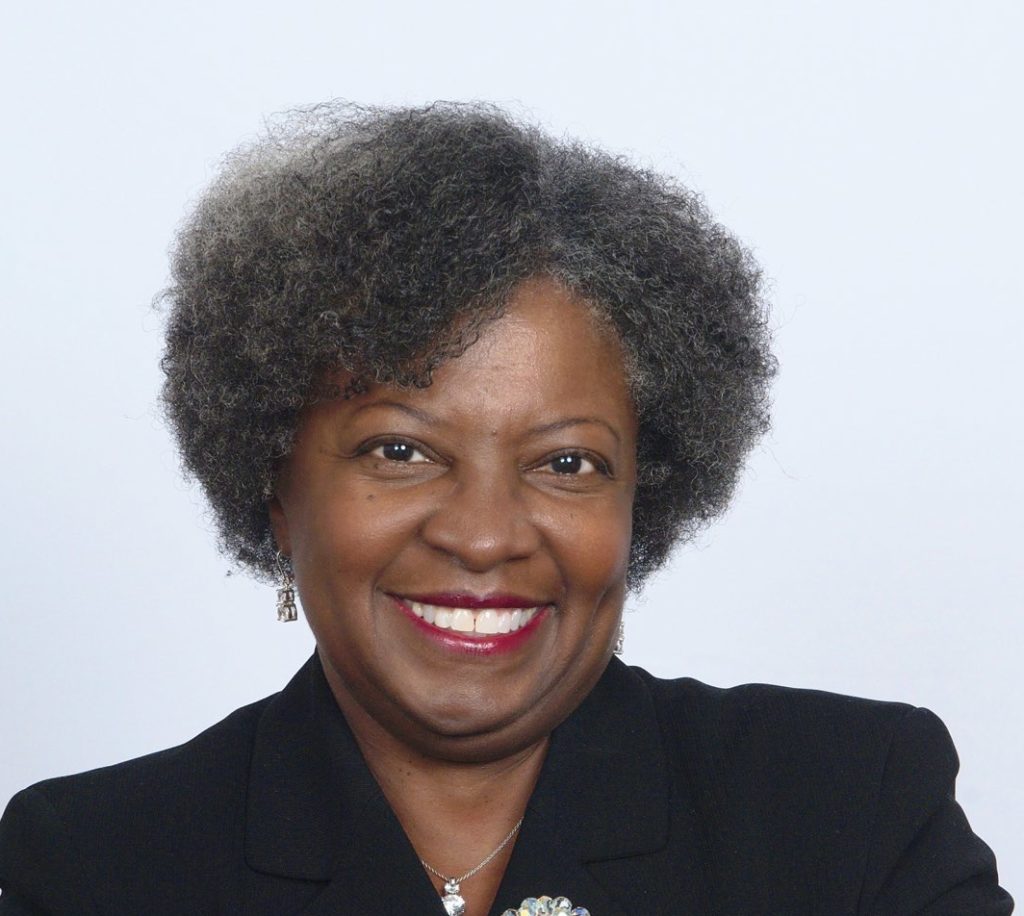
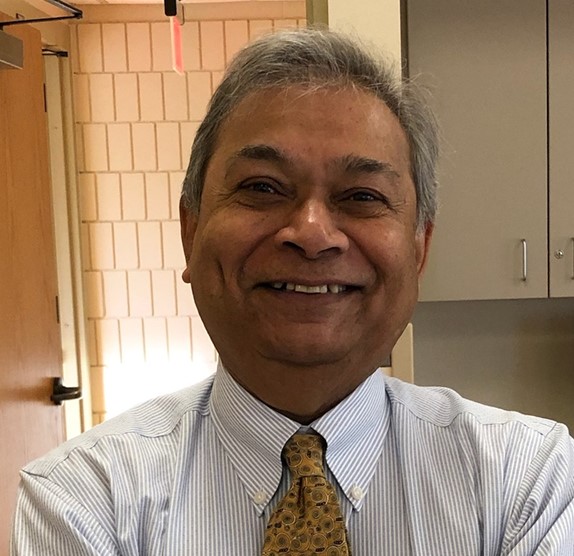
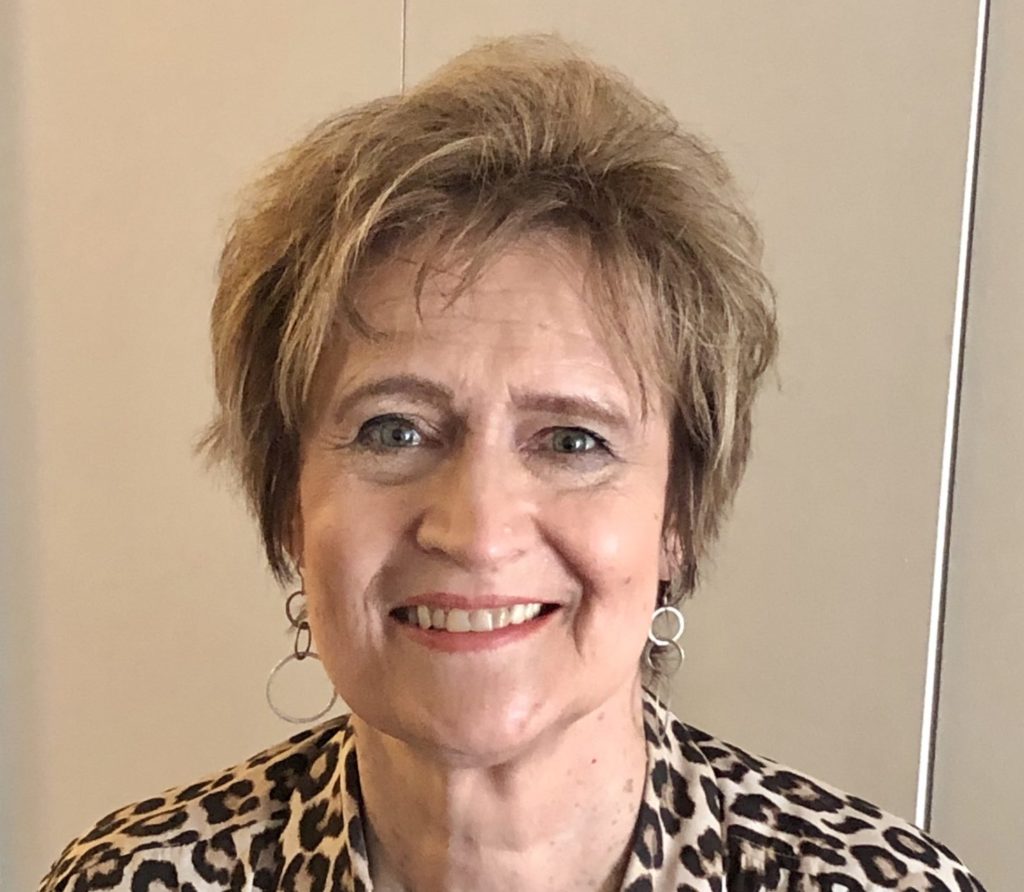
We hope you will join us for this thought-provoking event
Introduction
In our contemporary world, people often tend to regard both spirituality and psychoanalysis as peripheral to modern thought. Both, however, significantly contribute to the human need to find meaning in life and to manage anxiety and fear, particularly during the uncertainty of our current times. In a society burdened with Covid-19, climate change and political divisiveness, we are regularly confronted with a greater awareness of our vulnerability and mortality.
While the psychoanalytic culture often explores diversity in the form of sexual orientation, gender identity and race, we less often consider diversity in the form of religion and spirituality. While PEW research shows that fewer individuals in our modern world are affiliated with traditional religions, the influence of, and perhaps need for, spirituality remains. Our patients may have spiritual belief systems which can enhance or inhibit their coping abilities. Mental health professionals may not recognize or explore these beliefs because of their own countertransference or lack of training or knowledge in this area.
In his writings, Freud devoted much attention to religion but seemed to have viewed it primarily as defensive, creating the lasting impression that psychoanalysis was antithetic to religion. In contrast, other analysts such as Winnicott and Rizzuto, have explored adaptive and creative aspects of religion and spirituality, while recognizing that any belief system can be used defensively. Religious and spiritual beliefs are present in the consulting room, but how openly do patients bring these up? How do analysts listen to them? Analytic clinicians are taught to listen with neutrality and non-judgment, but might we stifle patients in exploring spiritual themes that are a part of their subjectivity and identity?
Our program aims to provide a balanced, open-minded perspective of psychoanalytic thinking about religion/spirituality. We are honored to have two distinguished psychoanalysts, Dr. Edward Shafranske and Dr. Donald Carveth, both eminently well-qualified in this area to add to our understanding about the convergence and divergence between psychoanalysis and religious belief and spirituality.
Invited Speakers
Edward Shafranske, Ph.D., ABPP, FIPA, is professor of psychology, Muriel Lipsey Chair in Clinical and Counseling Psychology, and directs the doctoral program in clinical psychology at Pepperdine University. He is a senior faculty member at the New Center for Psychoanalysis in Los Angeles and a training and supervising analyst at the Newport Psychoanalytic Institute. He has published widely in the fields of the applied psychology of religion and clinical supervision and training. He is a contributor and co-editor of the Foundational Psychoanalytic Contributions to the Psychology of Religion (Brill, London). He has lectured on psychoanalysis and religion at meetings of the American Psychoanalytic Association (with Ana-Maria Rizzuto, M.D.) and the American Psychological Association (APA) and throughout North America and Europe. Dr. Shafranske has served as associate editor of The APA Handbook of Psychology, Religion, and Spirituality and is associate editor of Spirituality in Clinical Practice. He serves as associate clinical professor of psychiatry, UC Irvine School of Medicine, and maintains a clinical practice in Irvine, CA.
Donald Carveth, Ph.D., RP, FIPA, is an emeritus professor of sociology and social and political thought and a senior scholar at York University, Toronto, Canada. He is a training and supervising analyst in the Canadian Institute of Psychoanalysis. Dr. Carveth is past director of the Toronto Institute of Psychoanalysis and a past editor-in-chief of the Canadian Journal of Psychoanalysis/Revue Canadienne de Psychanalyse. He is the author of The Still Small Voice: Psychoanalytic Reflections on Guilt and Conscience (Karnac 2013) and of Psychoanalytic Thinking: A Dialectical Critique of Contemporary Theory and Practice (Rutledge 2018), as well as many publications listed on his website and video-lectures (some focusing on questions of religion and spirituality) and on his YouTube channel. He is in private practice in Toronto.
Discussants
Robin L. Rayford, M.A., is a graduate adult and child/adolescent psychoanalyst and on the associate faculty of the Michigan Psychoanalytic Institute. She is an instructor and supervisor for (CAPA) China American Psychoanalytic Alliance and the Henry Ford Hospital/Wayne State University psychiatry residency training program. She’s on faculty at the Harlem Family Institute, New York, and a supervisor for the Authority Health Residency Training program, Detroit.
Dushyant Trivedi, M.D., is a graduate psychoanalyst in private practice in Ann Arbor, MI. He is on the faculty of the University of Michigan Medical School and the Michigan Psychoanalytic Institute.
Symposium Moderator
Patricia Plopa, Ph.D., is a training and supervising analyst on the faculty of the Michigan Psychoanalytic Institute. She is past-president of the Michigan Psychoanalytic Society, and adjunct faculty and supervisor at the University of Detroit Mercy. She has taught and presented on the relationship between religion/spirituality and psychoanalysis, aging and later life, and illness in the patient or analyst. Her clinical practice is in Bloomfield Hills.

